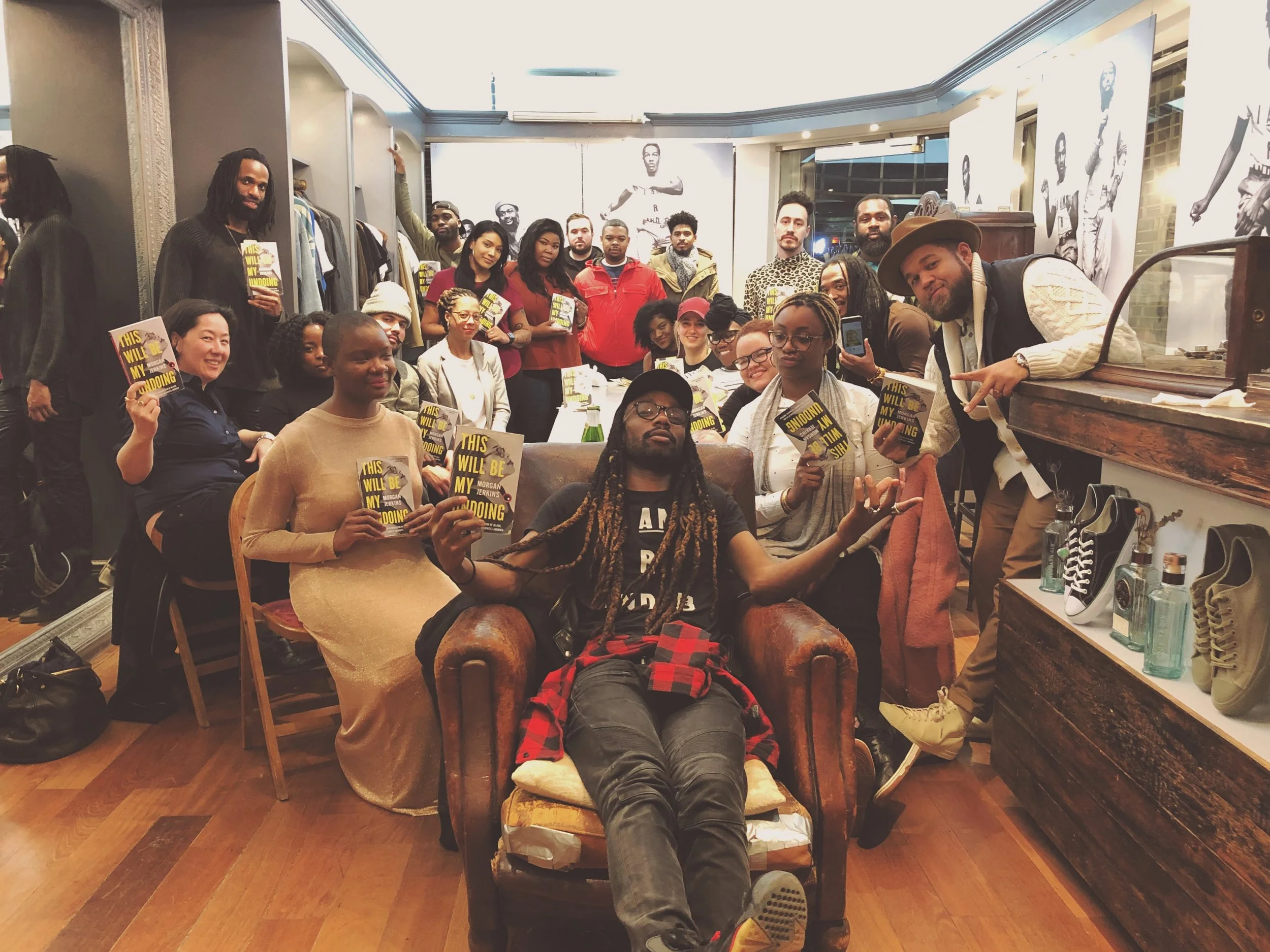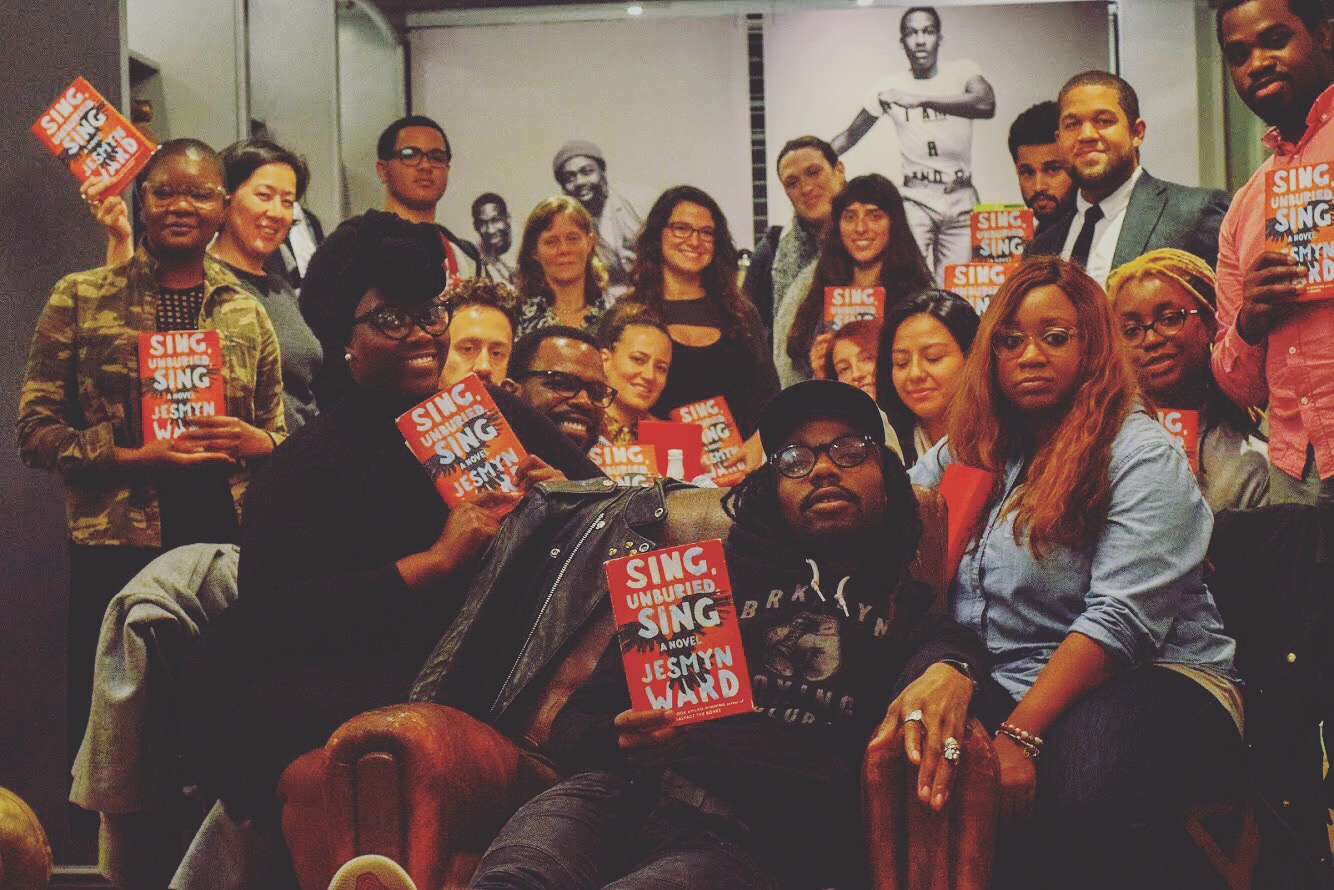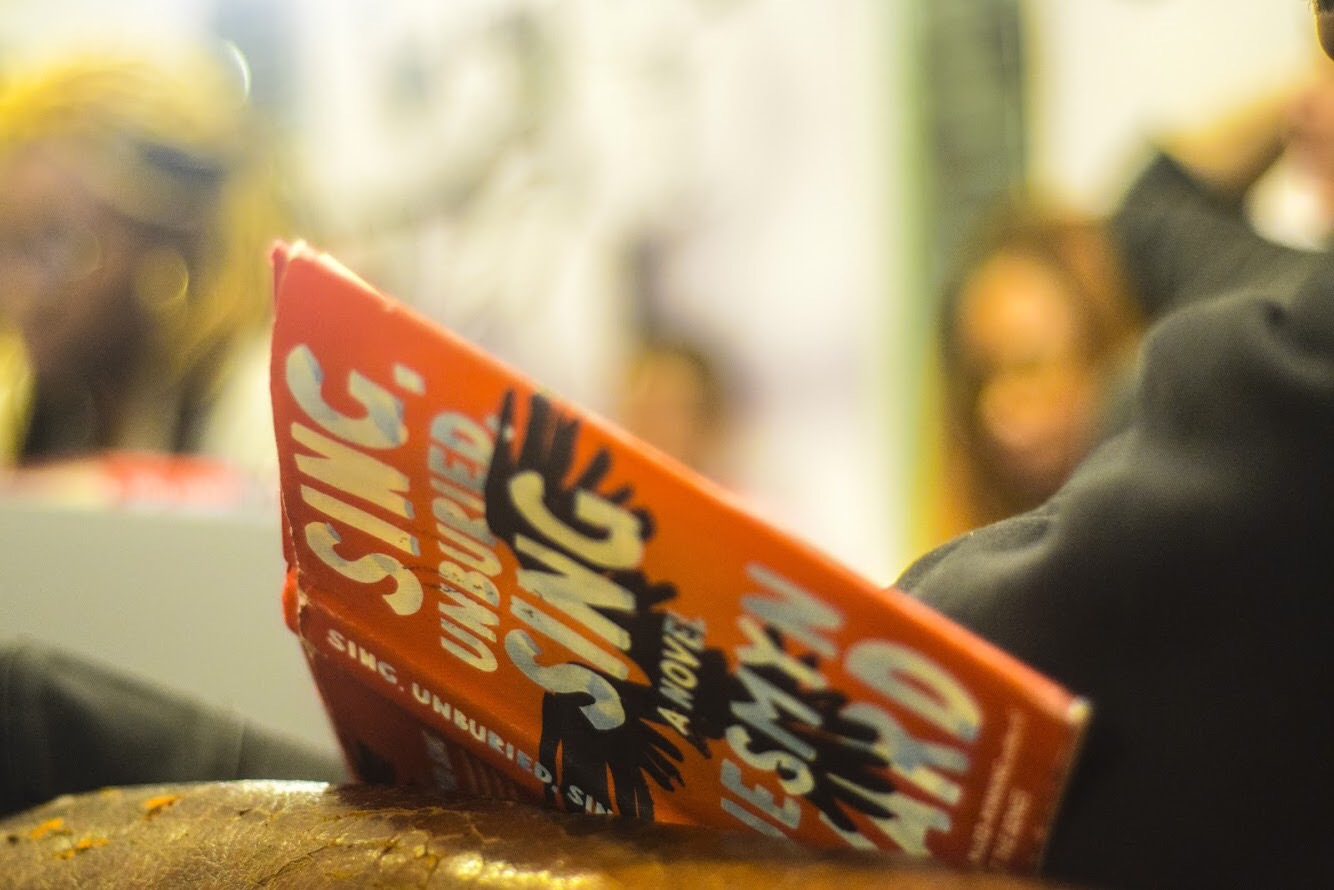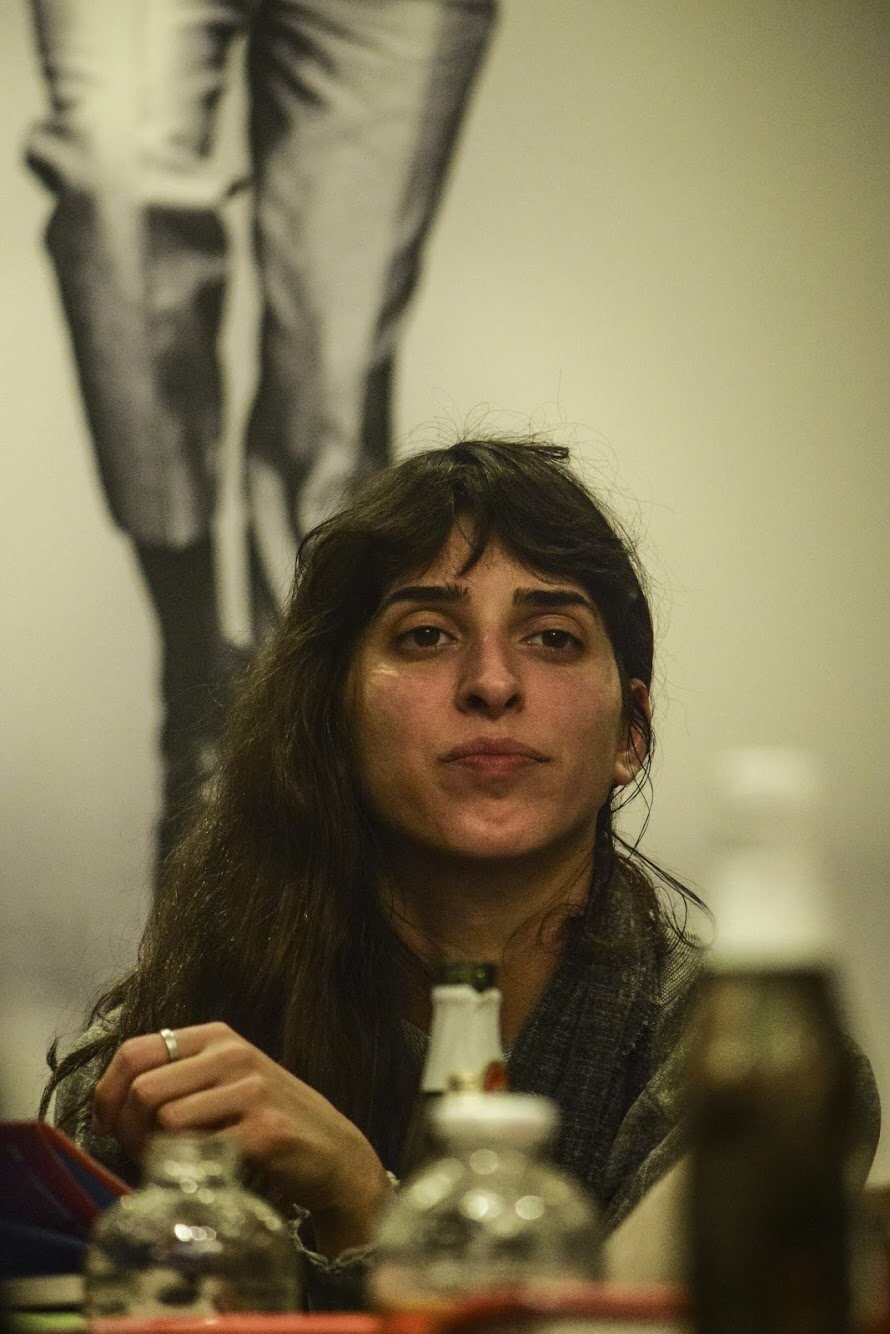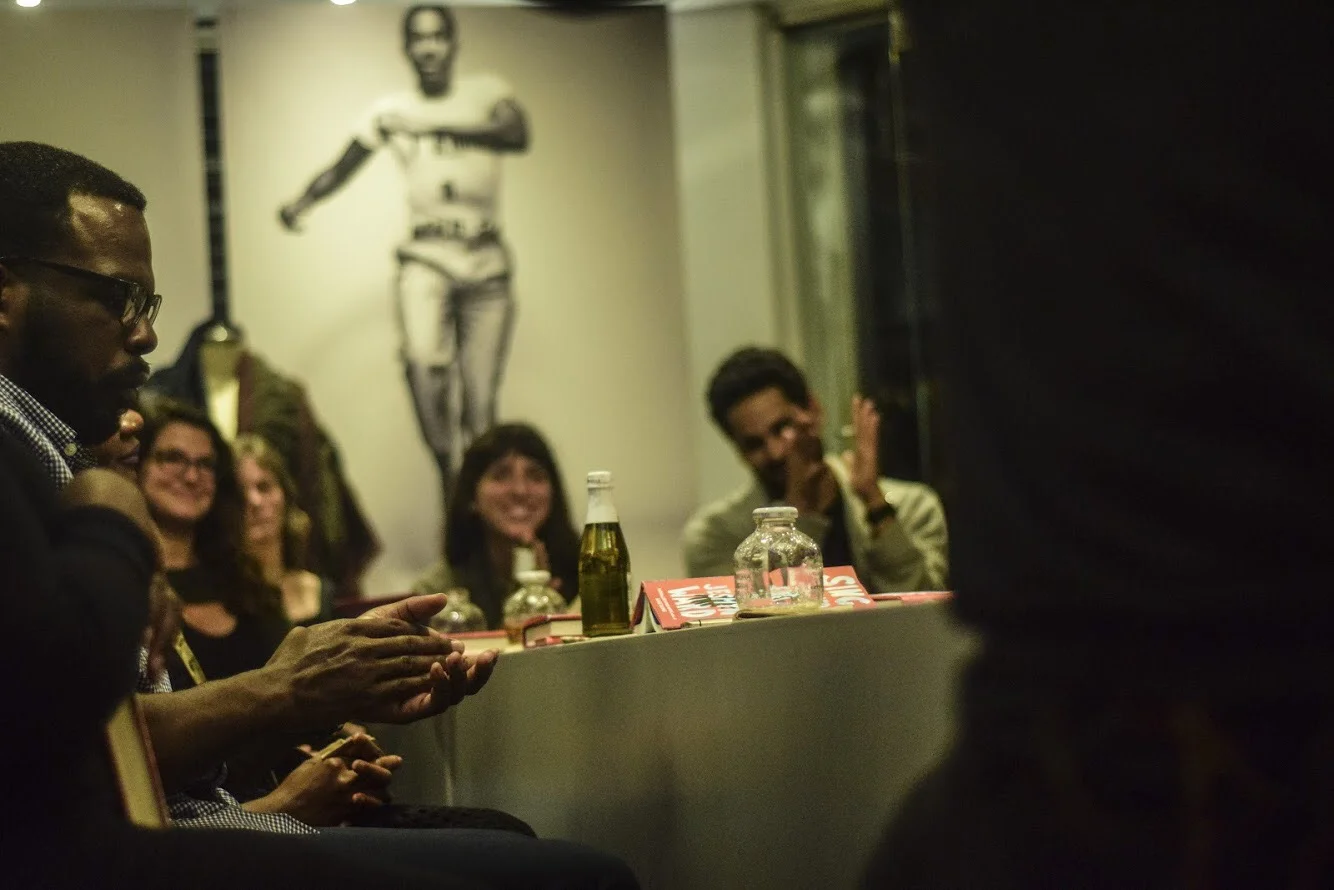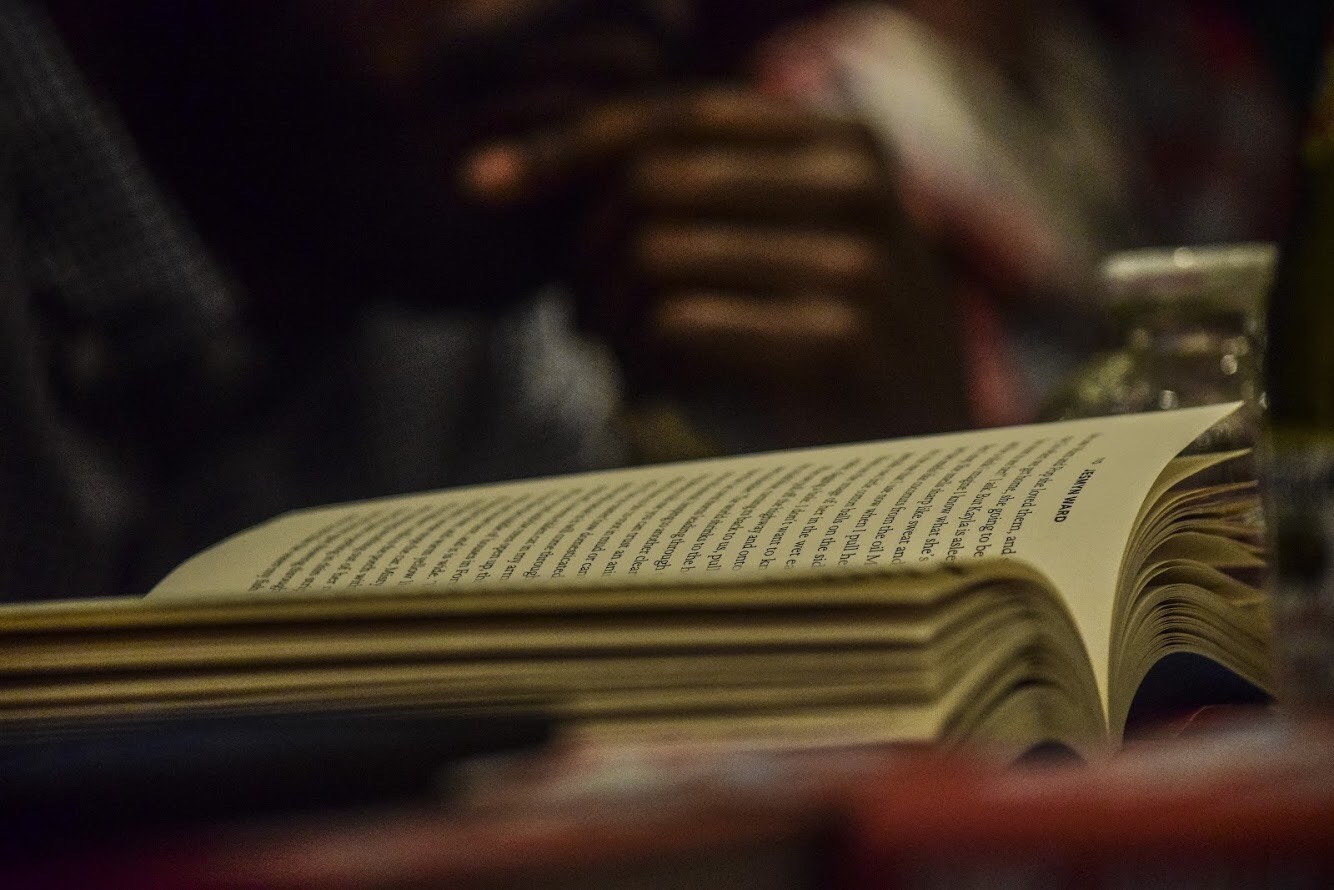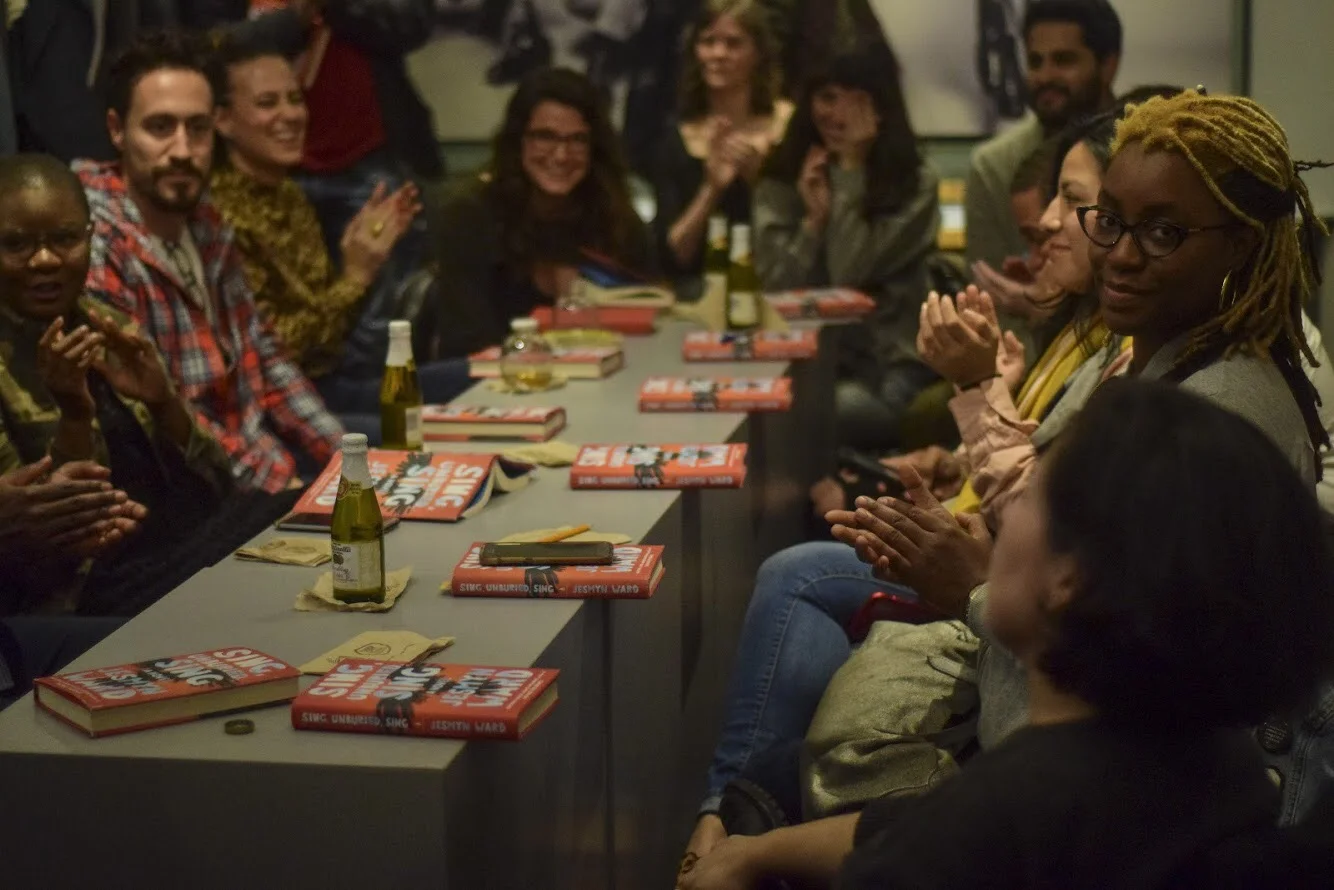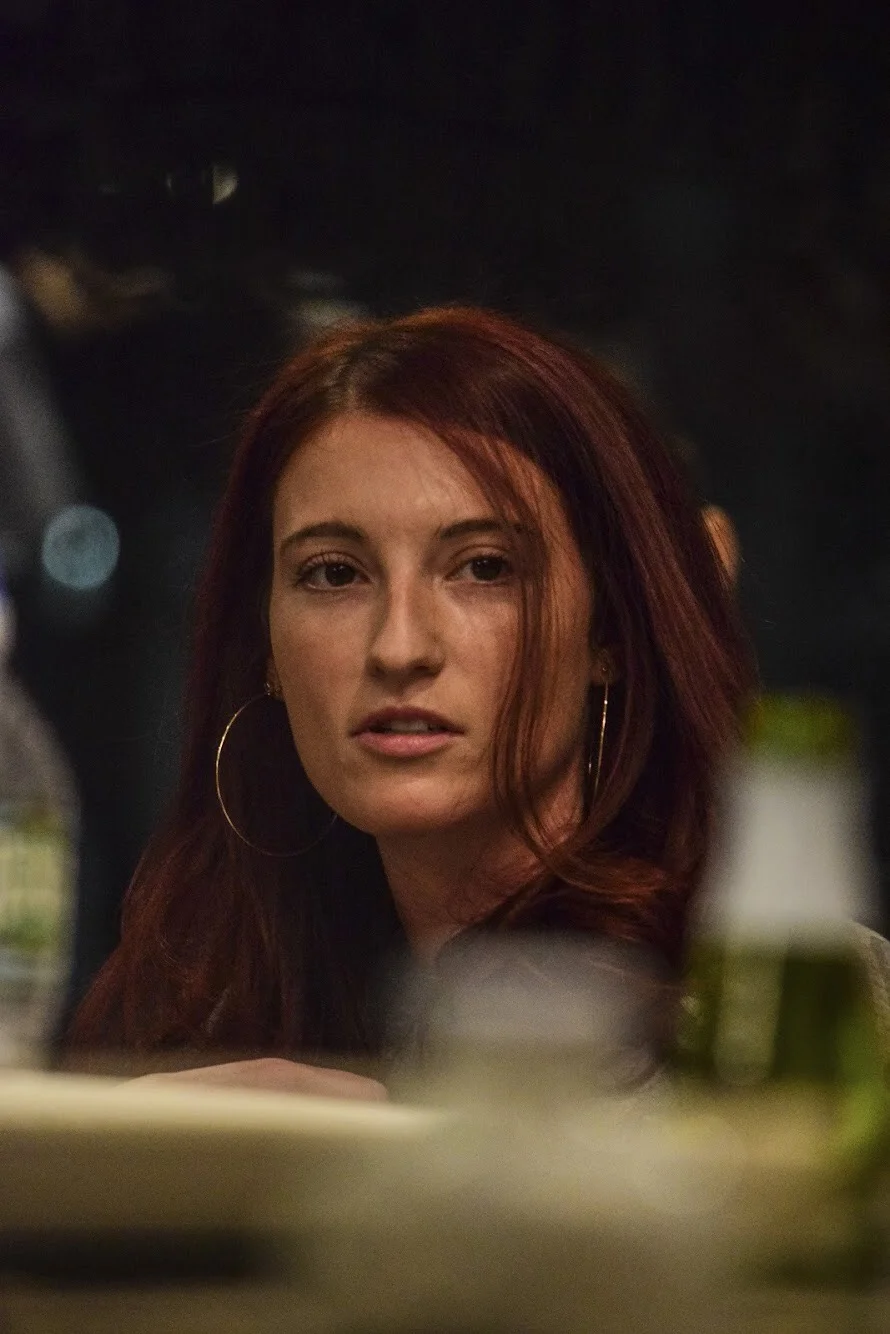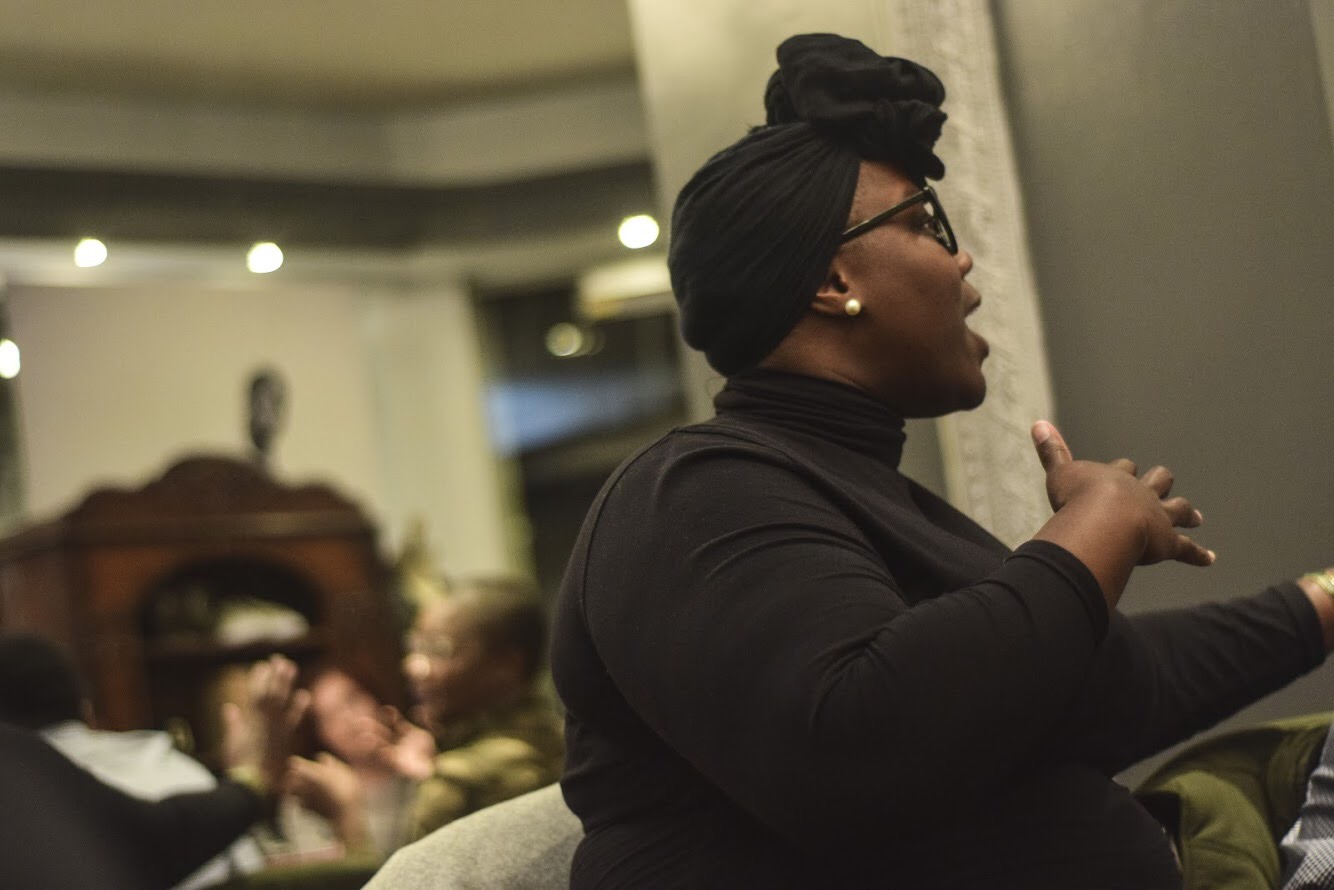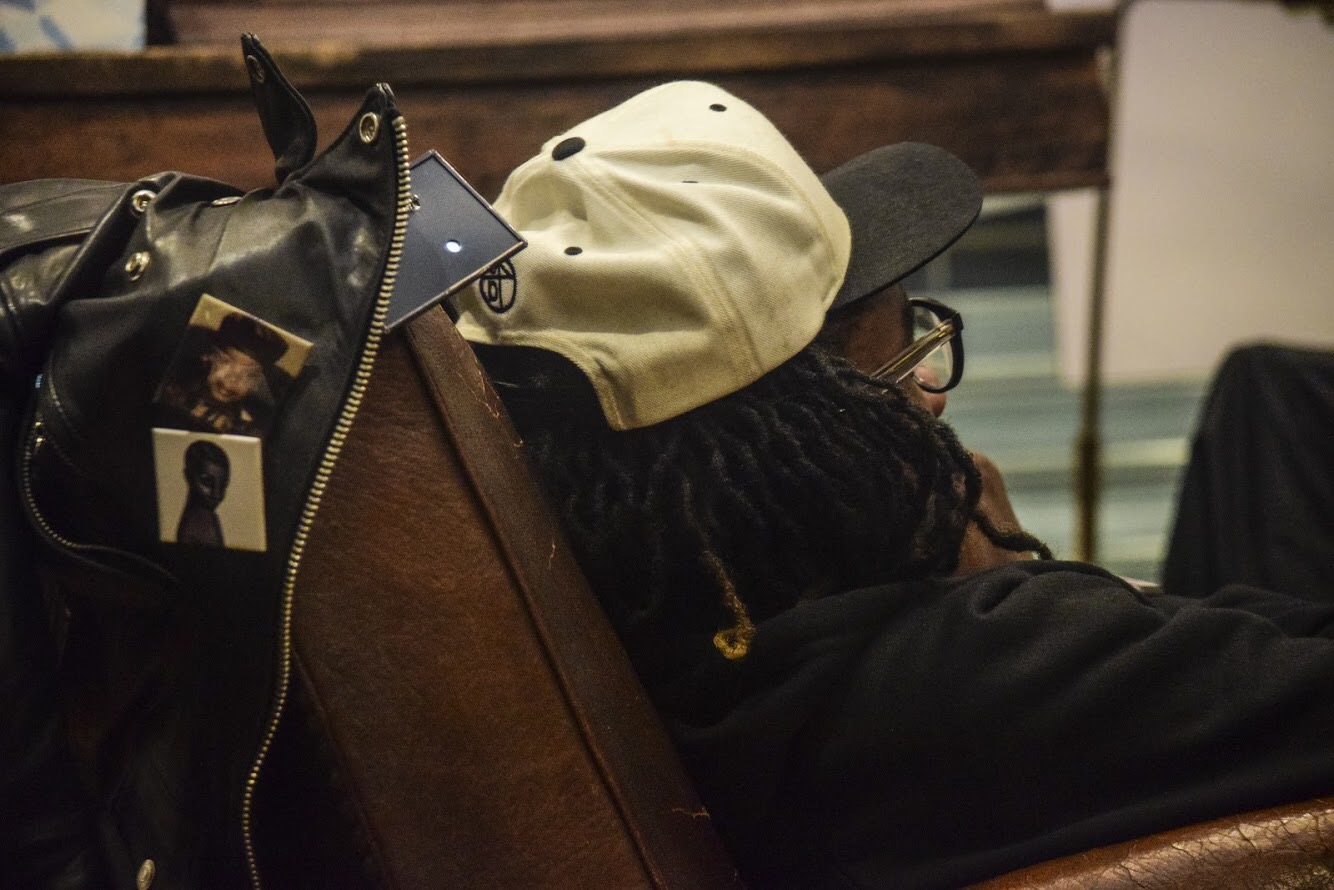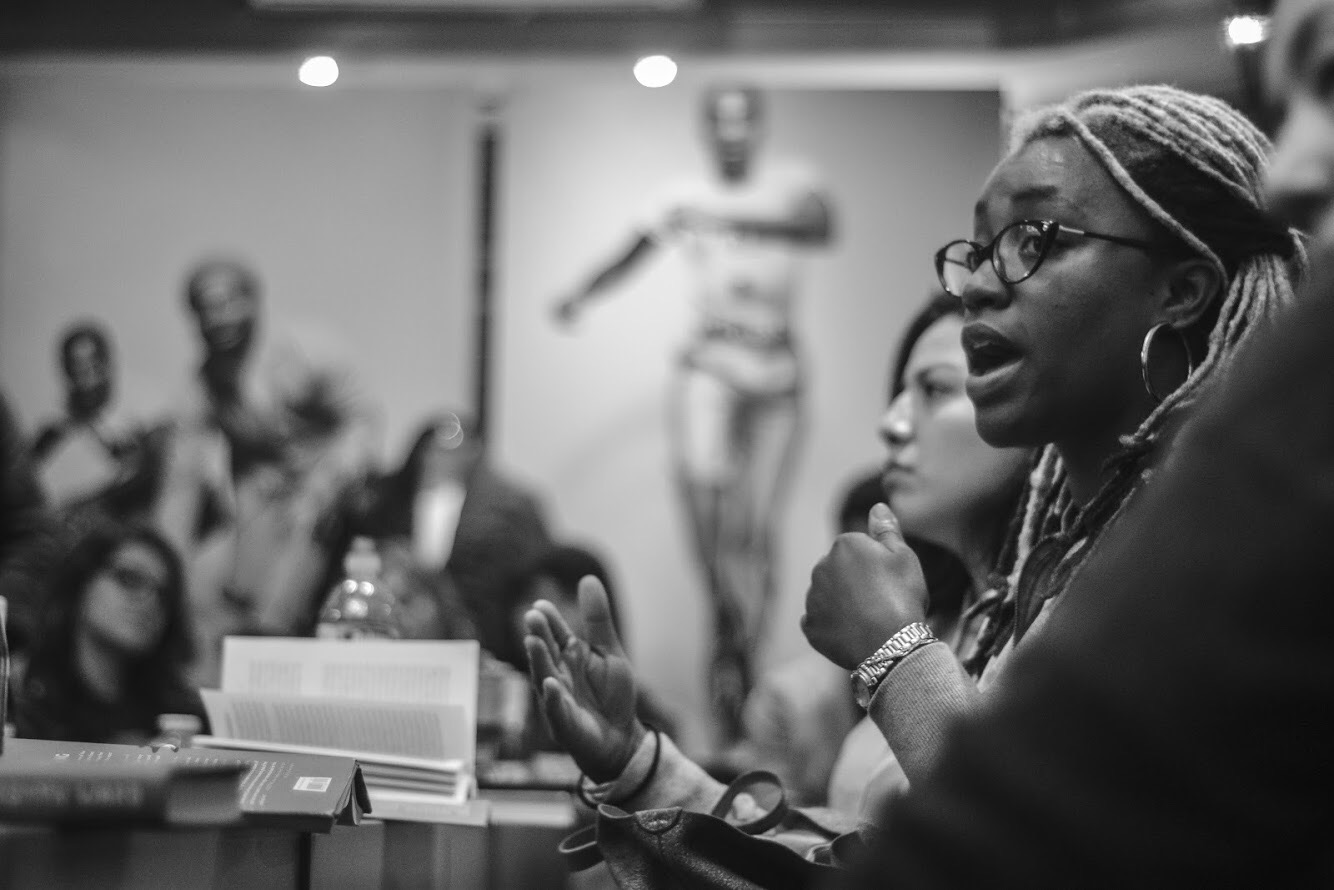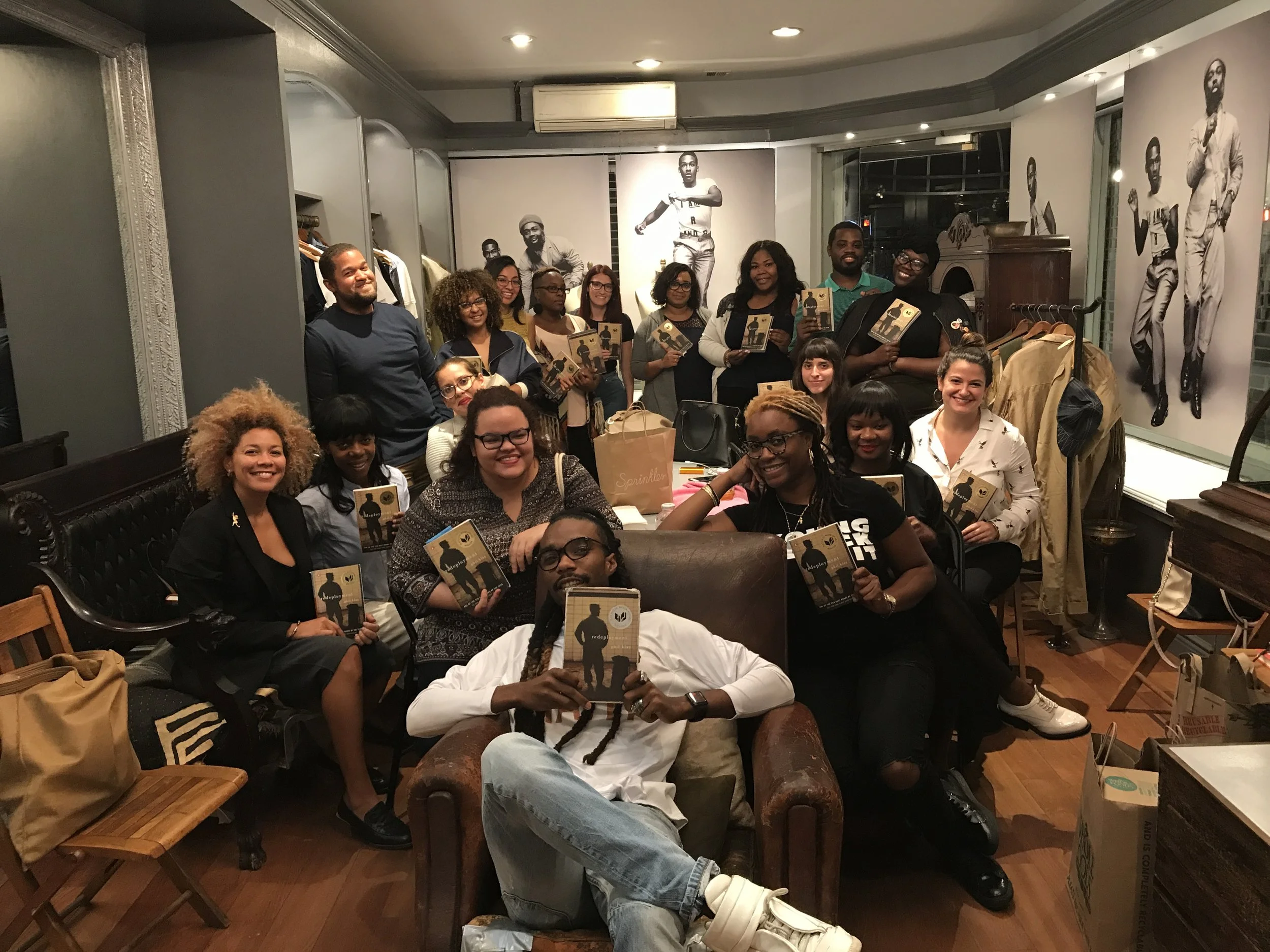June 2018 Meeting: On Michael Jackson by Margo Jefferson
Last month’s book club discussion was about the role and responsibility of the audience when engaging with an artist’s work—especially when either the work or the artist themselves complicate our understanding of own moral compass. The book that inspired this conversation was Margo Jefferson’s critical essay collection, On Michael Jackson. In addition to blessing the club with her presence, words, time, Margo showed that there’s a difference between critically engaging and hating. For a long time my fear of being seen as the latter (hater) has prevented me from doing the difficult work of the former (critically engaging). Since I’ve begun committing myself to the work, I see that critique can be, and often is, an act of love. Not the romantic love that turns blind eye to what it doesn’t want to see, but the real love that lets me know I’m fucking up because it knows I can do, and be, better. It’s a hard love to give; an even more difficult one to receive but one that’s necessary. Bless up to everyone who pulled up.
Photography by DP Jolly





























